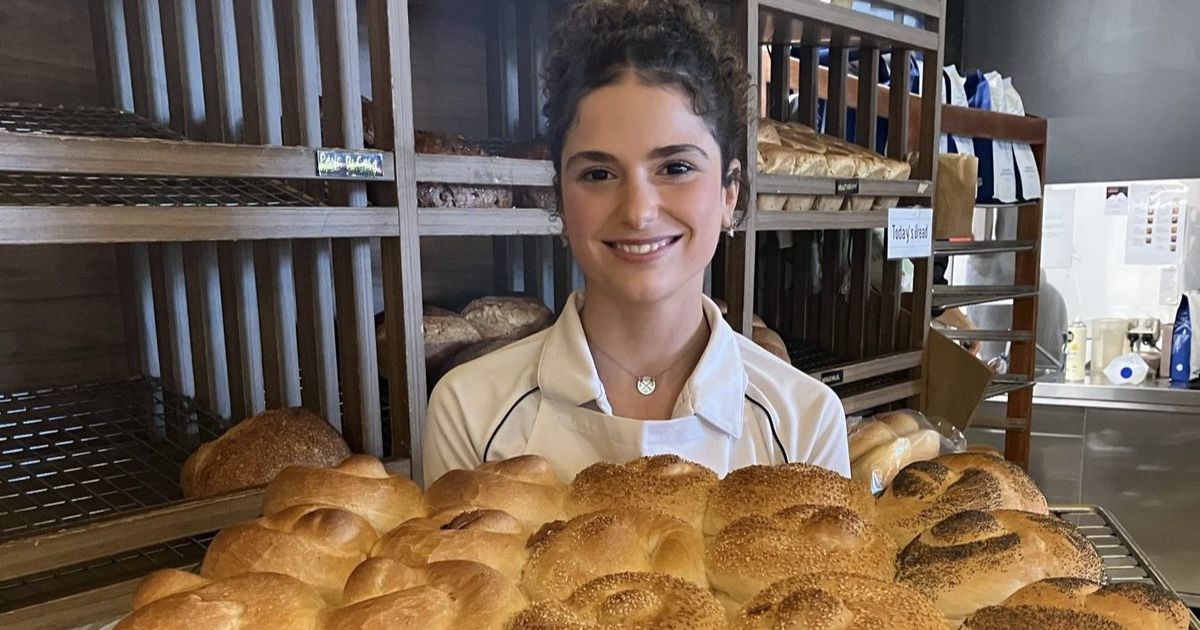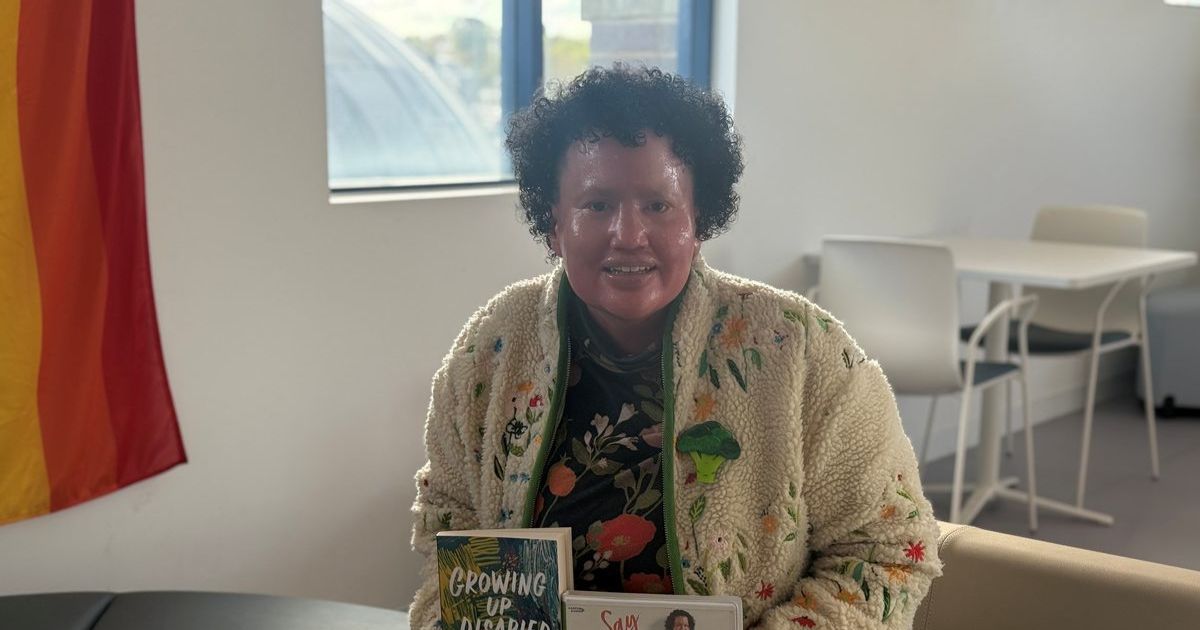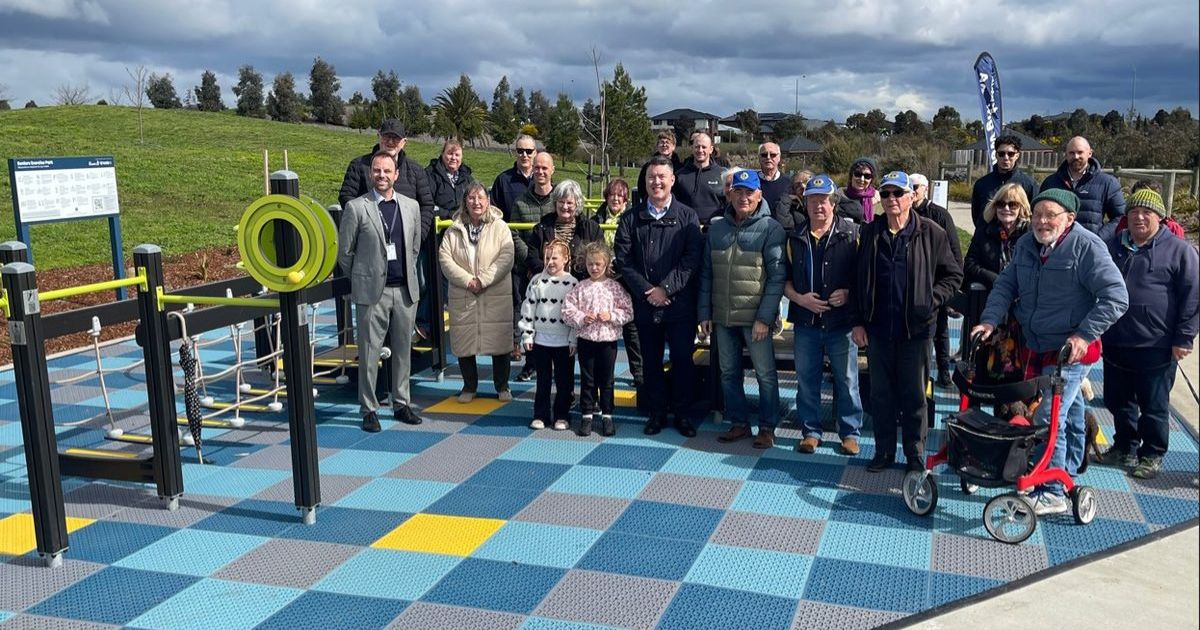From the desk of Roland Rocchiccioli – 2 February
Almost to the day, it is sixty years since I left Gwalia, the shanty, Western Australian goldmining town where I grew-up, and went away to boarding school to start my secondary education.
IT dawned clear on the morning of my departure and I was awake early. Beria and Nita packed my case several days earlier and everything was in readiness. I had been living with Nita and her husband, Frank, for best part of that year. Soon after eight o’clock my father, Ginger, my older brother Lewie, his wife, Jean, and their infant son, Trevor, arrived to take me to the railway station. Nita had a four-month old baby and didn’t come with us but Beria and Joan, who lived at the other end of the town, walked there and arrived at the same time we did. My father and I had a carriage to ourselves. I had butterflies in my stomach as I sat waiting for the steam train to depart. Saying goodbye to Beria was always difficult, but somehow, this time, it was easier.

My father was 51 years old, and he chatted constantly. He even showed me the wad of money he was carrying in his wallet. To pay for me to go to boarding school he had sold his only asset, a house, to Lewie, who resisted paying for the property until the final days. He and Jean were determined the £250 would be used for my education.
Finally, nine o’clock ticked over. The stationmaster, Mervyn Gee, a short, officious character, blew his whistle and it was time. We stood together at the window and waved as the train pulled out of the station, gathering momentum and a full head of steam. We moved down the track, passing the tennis courts at the back of the State Hotel, the Australian Workers’ Union Hall which doubled as the picture theatre; the Catholic church of St Francis of Assisi where I used to sneak-in and play the organ; the empty co-op and the adjoining butcher shop; and grinning Joe’s house with its distinctive green tin roof where, for a several years, I lived happily with Beria, and my siblings Nita and Lewie. Behind us the football oval, and then Beria and Steve’s house where I could see her chooks out on the flat, scratching around in their sand bath. At the sweep of the track we passed over the wood-line bridge where my father worked on the train, through what remained of the old block where Mrs Bailey lived, and past the slimes. I could hear Beria’s voice, calling to me as I went out the front gate at Grinning Joe’s house. It was always the same, “You stay away from the slimes, and be home before dark.”
Finally we came to the far edge of the Sons of Gwalia goldmine with its tall black chimney stack belching into the clear blue sky. In a matter of seconds the rise of the South Gwalia hill came between us, and, in an instant, the mine and the town disappeared from sight. My father and I settled back into our seats as Gwalia was left behind. I was nervous and filled with anticipation. I couldn’t wait for boarding school. My father was relaxed and happy. Eight years previously, almost to the day, he had taken the same journey with my sister, Nita, taking her to Dominican Ladies’ College, Dongara.
I was almost thirteen, and on the brink of starting a new life. Gwalia was home, and I loved that little town. I had no clue as we snaked our way through the familiar scrub and Mulga, stopping at the towns and sidings, that Wednesday, 20 January 1960, was to be the single most important day of my entire life. No other date since my birth would have such an impact. I was on the precipice of tumultuous change. Gwalia, and my life, would never be the same again.
It was 115 degrees in Gwalia that day; the same as the day I was born.
Roland can be heard Monday morning – 10.30 – on radio 3BA and contacted via [email protected].



















